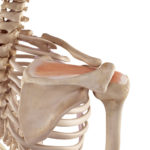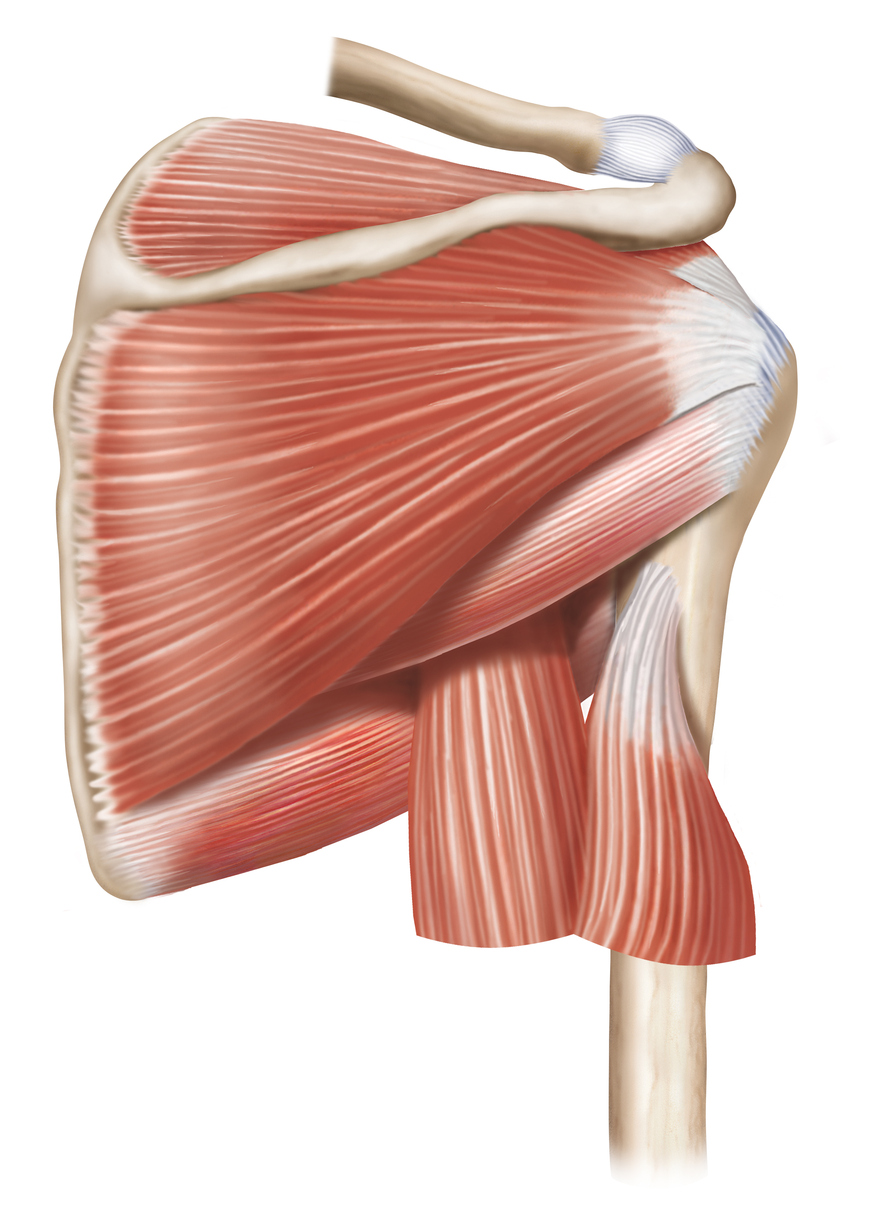Acupuncture for Rotator Cuff Injuries
At a recent presentation to a group of physical therapists I was asked about acupuncture’s ability to treat shoulder injuries. Most people want to know if acupuncture just “treats the pain” or actually helps injuries heal. My answer? Both.
One common shoulder injury is a “rotator cuff” tear. In anatomy, the rotor cuff is the group of muscles and their tendons that act to stabilize the shoulder and move the upper arm in a variety of directions. The muscle are known by the acronym SITS and include the supraspinatus, infraspinatus, teres minor and subscapularis. Of course, in a shoulder injury, surrounding muscles may be involved as well, but a simple orthopedic evaluation can identify the source of your pain.

Acute or Degenerative: What’s Your Type?
There are two main types of rotator cuff tears: acute and degenerative. A repetitive tear may be caused by overuse, lack of blood supply or a bone spur fraying the tendon. Acute tears are typically traumatic in nature and result from a fall with an outstretched arm are lifting something too heavy. The supraspinatus, often affected by bone spurs, is one of the most common to experience either of these types of tears.
Acupuncture for Rotator Cuff Injuries
Assuming you have had an MRI or a thorough orthopedic workup to rule out surgery, acupuncture can help in several ways:
- Relieve muscle spasms in the joint area, thereby lessening the load on the joint.
- Improve blood flow to the tendon and muscle tissue accelerating the body’s natural tissue healing response.
- Reduce inflammation and relieve pain.
- Be used in conjunction with an ongoing rehabilitation program
When to Consider Surgery
According the American Society of Orthopedic Surgeons (AAOS), “continued pain is the main indication for surgery” and “when your pain does not improve with nonsurgical methods.”
Here are few more guidelines for when to consider surgery:
- Your symptoms have lasted 6 to 12 months
- You have a large tear (more than 3 cm)
- You have significant weakness and loss of function in your shoulder
- Your tear was caused by a recent, acute injury1
Learn more about rotator cuff tears here at AAOS.







